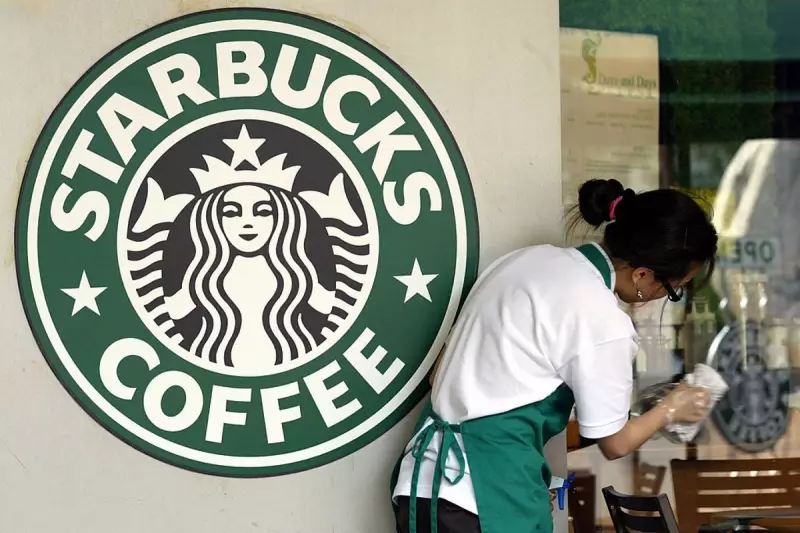
Starbucks cafes in South Korea have implemented a strict new policy banning customers from connecting personal devices—including printers and external hard drives—to their computers while using the coffee chain's Wi-Fi. The move comes amid growing concerns over cybersecurity threats and data breaches.
Why the Sudden Ban?
The decision follows reports of malicious actors exploiting public Wi-Fi networks to distribute malware or steal sensitive information. By restricting access to external devices, Starbucks aims to prevent potential cyberattacks that could compromise both customer data and its own network infrastructure.
Mixed Reactions from Patrons
While some customers appreciate the added security, others argue the policy disrupts their workflow. "I used to print documents here while having coffee—now I have to find another place," complained one frequent visitor. Meanwhile, cybersecurity experts have praised the move, calling it a necessary step in today's digital landscape.
Global Implications
This policy could set a precedent for other international Starbucks branches, particularly in regions with high cybercrime rates. However, the company has not yet indicated whether similar restrictions will roll out elsewhere.





